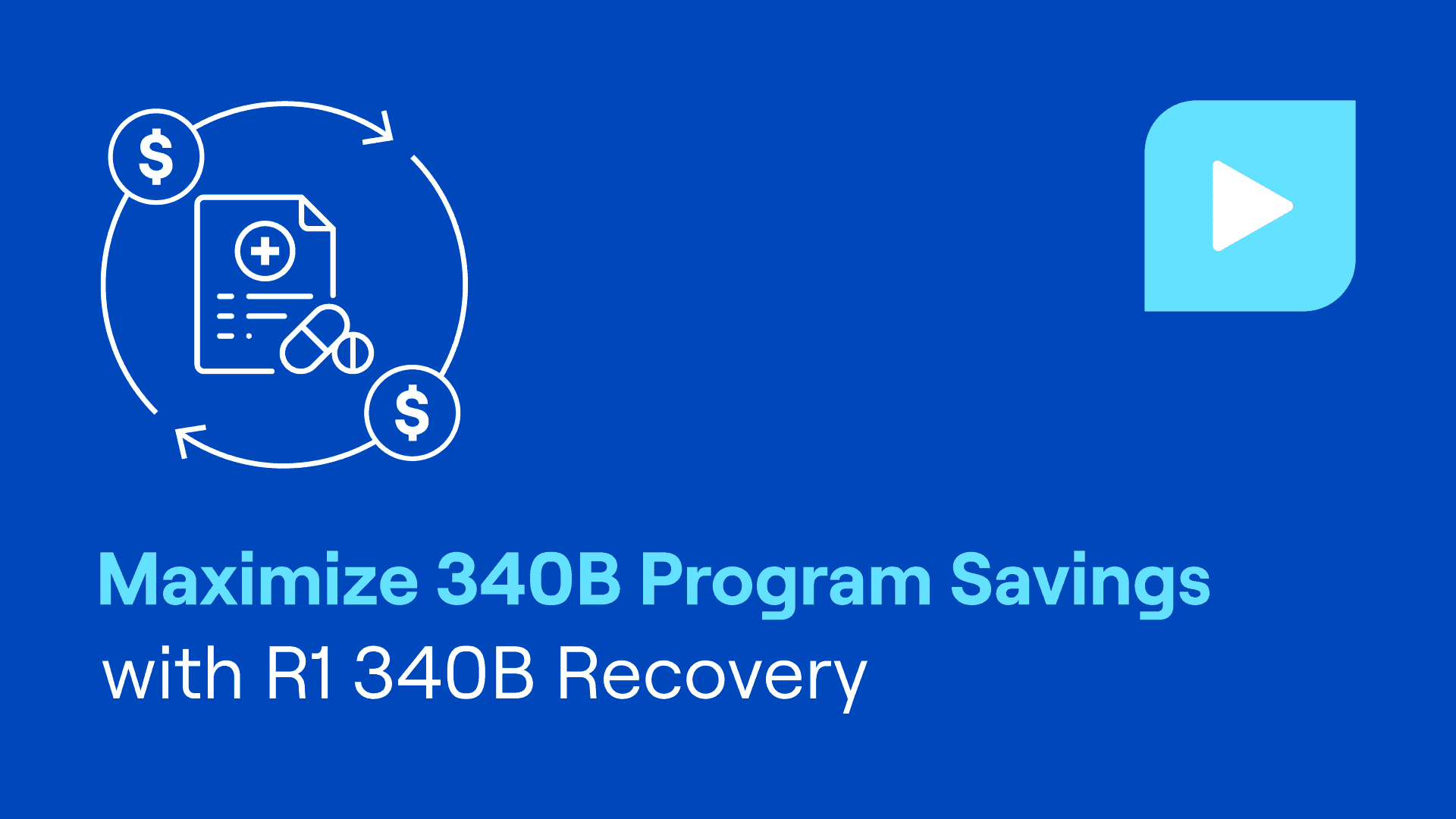R1 leverages their rural and critical access healthcare experience to drive lasting change. Here’s how:
About Great Plains Health Alliance (GPHA):
GPHA is comprised of more than 30 affiliated hospitals and health centers throughout rural Kansas and Nebraska. It provides critical access hospitals with innovative services and resources to help them be more effective and cost efficient.
EHR system:
Cerner
Total number of hospitals and health centers:
35
Community setting:
Rural, farming communities
An exclusive partnership
GPHA has partnered exclusively with R1 to offer revenue cycle business office solutions to their network of rural, critical access hospitals.
Located in rural, farming communities, it can be difficult for hospitals to find experienced revenue cycle talent. R1 leverages its vast experience to provide a variety of services to 15 GPHA affiliates, including billing, collections, claims analysis, accounts receivable management and more.
Challenge
High discharged, not final billed (DNFB) and AR days
High DNFB dollars resulted in increasing insurance and self-pay AR days, especially in AR days greater than 90. Causes included a lack of technology-enabled RCM automation and severe staffing shortages.
Solutions:
- Worked aggressively with the claims scrubber to add automation capabilities through bridge routines and new workflows that reduce time-consuming manual processes and the chance of human error
- Updated client workflows and educated staff regarding bill-suppression holds to ensure they were reviewed and released in a timely manner
- Created an AR reduction plan and held weekly audits that focused on encounter actions, root-cause analysis and client-assist items
- Aligned self-pay policies to assist in timely payments and helped the community with high patient-cost share bills
- Implemented Cerner’s Blueprint model to align the billing solution with best-practice workflows for streamlined processes and encounter resolutions
Challenge
Strategic guidance and process implementation
Based on their geographic locations, GPHA affiliates are limited in their ability to find experienced revenue cycle talent. Due to this, the staff they do have often perform several job functions simultaneously, which can contribute to unintended delays.
Solutions:
- Leveraged prior experience with many other critical access clients to drive effective knowledge transfer
- Temporarily stepped in to lead an interim revenue cycle team to implement workflows, policies and procedures for select clients and trained newly hired, on-site, revenue cycle management staff
- Provided weekly reporting calls and frequent touchpoints focusing on strategic guidance, optimized workflows and KPI impacts
Challenge
High DNFB and AR days
High DNFB dollars resulted in increasing insurance and self-pay AR days, especially in AR days greater than 90. Causes included a lack of technology-enabled RCM automation and severe staffing shortages.
Solutions:
- Performed a thorough review of all 835 cash-posting transactions of claims adjustment reason codes (CARC) and remittance advice remark codes (RARC) to ensure proper mappings and work encounters in a timely fashion
- Created additional workflows to identify issues regarding payment-posting accuracy encounters
- Created additional payment-alias codes needed for provider-level balance line segments, and updated CARC/RARC codes to correctly report denials and patient/provider liability
- Identified and implemented an increase in payer enrollment for ERA and EFT to increase timely and accurate payment-posting transactions through automation to improve cash allocation through the general ledger and timely resolution of encounters





